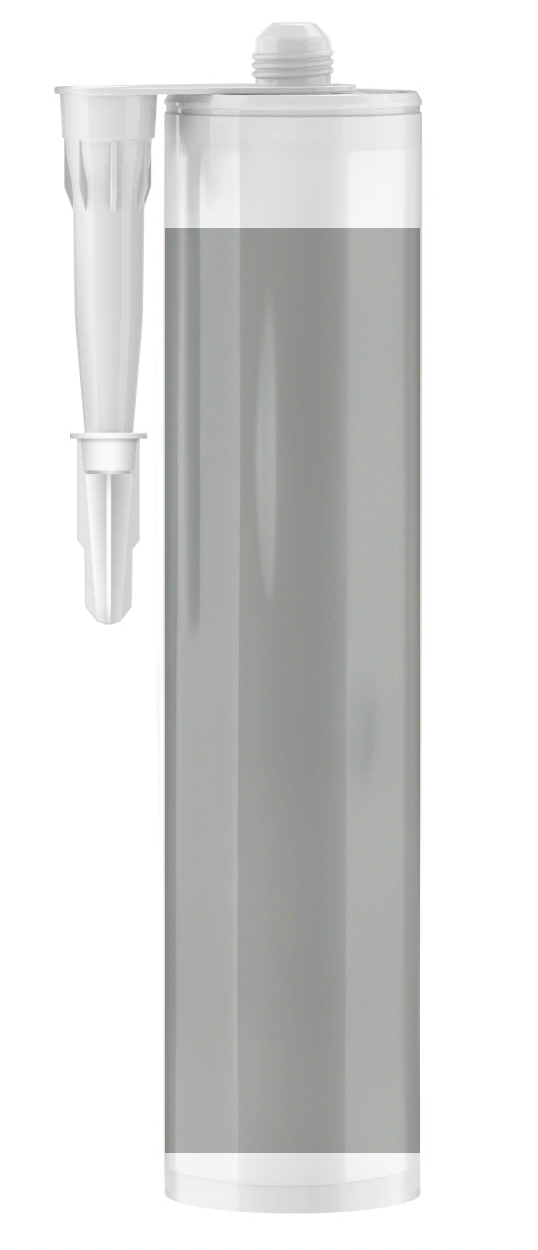BS-7000 Series | Silyl Modified Polymers (SMP)
Harmonization Code : 3907.30.00.90 | Polyacetals, other polyethers and epoxide resins, in primary forms; polycarbonates, alkyd resins, polyallyl esters and other polyesters, in primary forms : Epoxide resins : Other
Main features
- Elastic bonding adhesive
- Durable and reliable bonds
- Free from Isocyanates, Solvents and Silicone
Product Description
BS-7000 series is a high-quality elastic bonding adhesive based on Silyl Modified Polymers (SMP). It is suitable for use as an adhesive on structures on industrial applications requiring high strength.
BS-7000 series has excellent resistance to UV, weather & temperature, and exhibits excellent adhesion performance on a wide variety of substrates (minimal or no pre-treatment necessary) it can be overpainted with most common industrial paints.
BS-7000 series is free from solvents, isocyanates, and silicone.
Technical Specifications
| General Properties | |||||
| |||||
| Specific Gravity Specific Gravity Specific gravity (SG) is the ratio of the density of a substance to the density of a reference substance; equivalently, it is the ratio of the mass of a substance to the mass of a reference substance for the same given volume. For liquids, the reference substance is almost always water (1), while for gases, it is air (1.18) at room temperature. Specific gravity is unitless. | 1.5 | ||||
| Mechanical Properties | |||||
| |||||
| Thermal Properties | |||||
| Glass Transition Temperature (Tg) Glass Transition Temperature (Tg) The glass transition temperature for organic adhesives is a temperature region where the polymers change from glassy and brittle to soft and rubbery. Increasing the temperature further continues the softening process as the viscosity drops too. Temperatures between the glass transition temperature and below the decomposition point of the adhesive are the best region for bonding. The glass-transition temperature Tg of a material characterizes the range of temperatures over which this glass transition occurs. | -50 °C | ||||
| Temperature Resistance Temperature Resistance Temperature resistance is the maximum temperature that the material or product can withstand for a period of time. The temperatures listed should be considered as guidelines for an operating temperature of about 30 minutes. Typically, the material can withstand much longer times at temperatures about 20°C lower and can withstand much higher temperatures for short, intermittent times. | -40 - 110 ˚C | ||||
| Curing Conditions | |||||
| |||||



